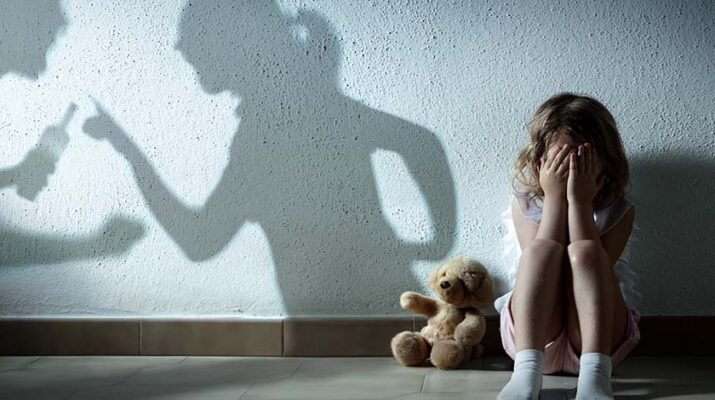Children should be made aware stressors aren’t their fault and they aren’t responsible for trying to fix it
By Deborah Jeanne Sergeant
Stress is a part of life, whether it is acute stress, such as a car accident, or chronic stress, such as completing daily tasks on time.
Stress can be unpleasant, like the aforementioned car accident and even enjoyable, such as planning a surprise party, bringing home a new baby or receiving a promotion.
The pandemic has brought nearly ubiquitous stress and nearly all of it is difficult stress. Regardless of the cause, stress affects children negatively and they may need to be evaluated by a pediatrics specialist.
“There are many stressors in families, plus peer pressures,” said Chakrapani Irri, pediatrician at Children’s Health Specialists in Auburn.
He said that these stressors contribute to the widespread anxiety and depression among youth. He screens for these mental health issues and encourages families to communicate openly about what is bothering them.
For teens, speaking one-on-one about issues with a trusted adult or parent is usually easier than in front of the whole family.
“Have open, honest conversations,” said Monique Winnett, clinical psychologist with St. Joseph’s Hospital Health Center.
“When parents are stressed and worried, they try to not worry their children by keeping them out of things but from an early age, children are far more perceptive than we give them credit for.”
She added that as children absorb negative stress, they may act out, skip school, take risks and experience more depression and anxiety.
While children likely do not need many details, they need to know what is happening. Assurance that their parents will keep them safe is also vital.
Winnett said that parents should “own their stress” and model healthy ways of managing it, such as exercise, hobbies, time with friends and, as needed, seeking mental health help.
To decrease stress about world events, Winnett recommends limiting the extent to which children are exposed. But when they are exposed, help them understand that the media often shows the most extreme example.
For stress generated by a disagreement, couples need to ensure children understand that it’s not about them. Pretending it is not happening will not work.
“It’s OK to have an argument with your partner,” Winnett said.
“Say, ‘We are sorry; we’re frustrated and it’s not about you at all.’
Do things to nurture your relationship and your relationship with your children.”
Children should also be made aware that stressors are not their fault and that they are not responsible for trying to fix it, especially family problems.
Especially if one child is struggling and needs extra attention, take times to give one-on-one attention to the other children, too.
Acknowledge their strong points.
Professional help may be necessary to help cope with stress.
While pushing on boundaries a bit is developmentally normal, going beyond what is developmentally appropriate could indicate help is needed.
“We lately have been saying to seek professional support as early as possible if parents see changes in behavior,” said Anne Reagan, pediatric psychologist and assistant professor at Golisano Children’s Hospital Department of Pediatrics. “Don’t say, ‘We’ll see where this goes.’ If something doesn’t seem quite right for this kid and the family has had these conversations and things don’t change, seek professional support.”
Pediatricians can refer patients to a therapist or parents can directly contact mental healthcare providers.
To support good mental health, parents should encourage a regular routine, exercise, outdoor activities and creative endeavors.
“Journaling is helpful for older kids,” Reagan said. “Write thoughts and feelings and using that as a platform to talk with parents. Art can be very therapeutic, like adult coloring books.
Use sensory stimulation for little kids like Play Doh, beads and kinetic sand. Anything sensory offers stress relief, like pop-its.
Find a hobby that relaxes you to work through stressors.”

